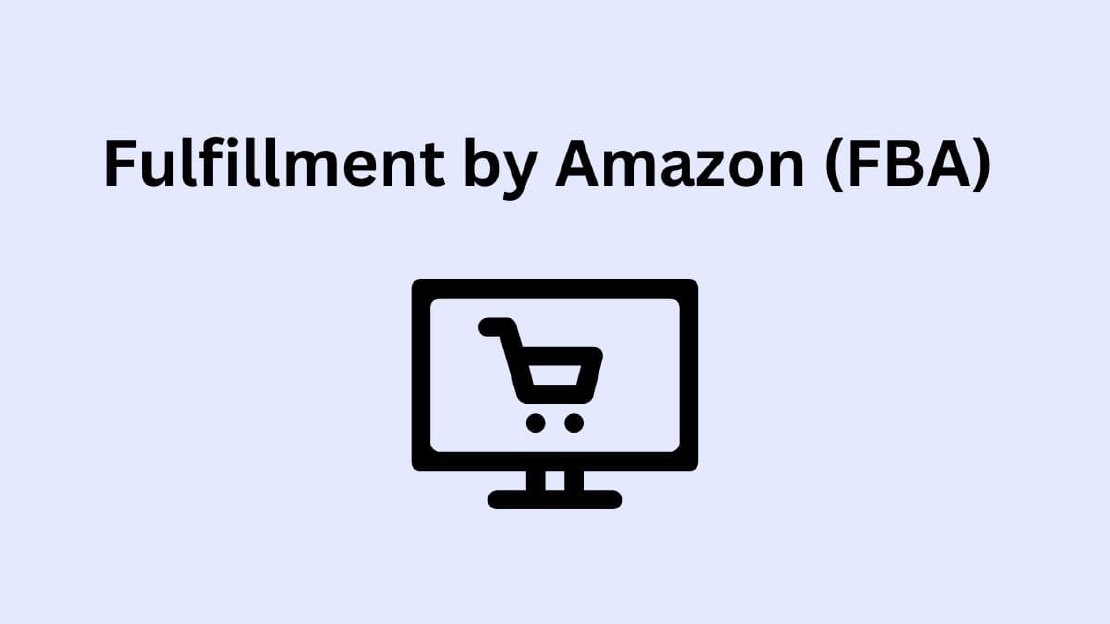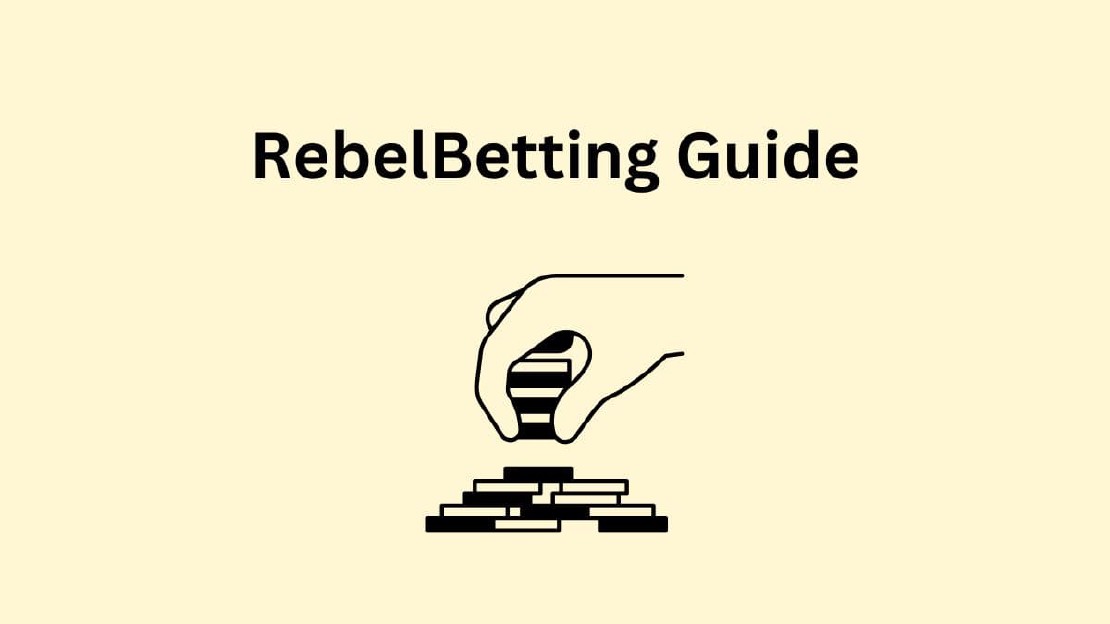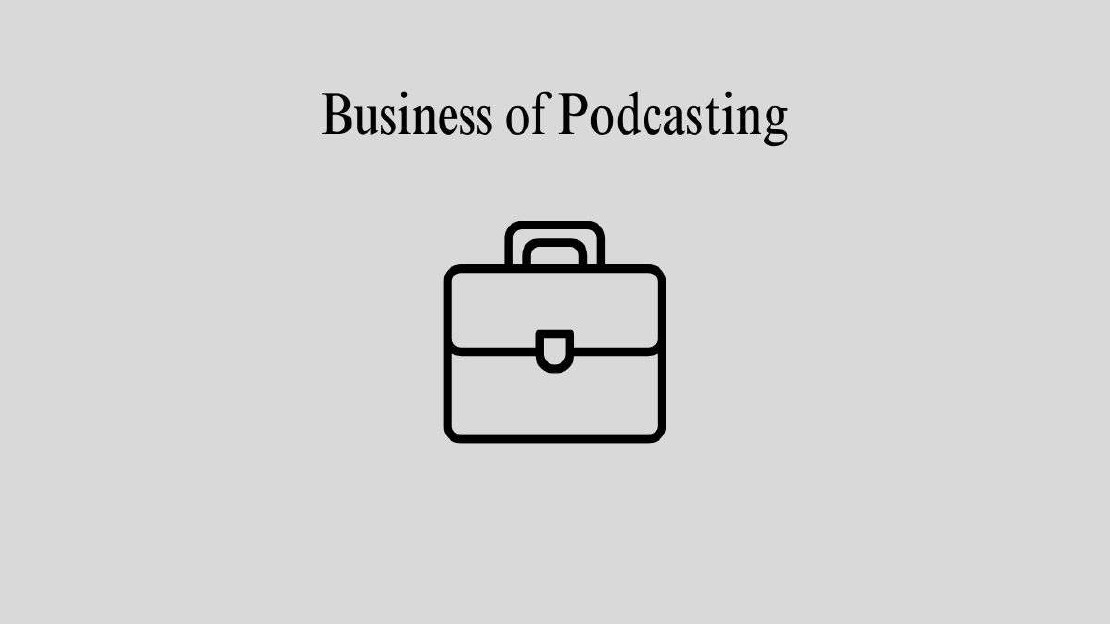Podcasting Business Success Tools
In the age of digital media dominance, podcasts have emerged as a formidable force, captivating audiences worldwide with their diverse range of content and convenient accessibility. What began as a niche hobby for enthusiasts has evolved into a bustling industry, offering lucrative opportunities for creators and businesses alike. In this post, we will explore the business aspect of podcasting!
Business Aspects of Podcasting
Podcasting has transformed from a niche hobby to a lucrative business opportunity over the past few years. If you’re thinking about diving into the world of podcasting, or if you’re already there but want to take your podcast to the next level, this guide is for you. We’ll explore various aspects of the business of podcasting, from monetization strategies to marketing tips, and even dive into the nitty-gritty of production and legal considerations.
Getting Your Podcast Started
Before we get into the specifics, let’s talk about why podcasting is such a fantastic medium. For starters, it’s a platform that allows you to connect with your audience on a deeper level. Your voice, your stories, your personality—all of these come through in a way that written content often can’t match. Plus, podcasting is flexible; listeners can tune in while commuting, exercising, or doing household chores.
I started the podcasting journey several years ago, primarily out of curiosity. I’d always loved listening to podcasts and thought, “Why not start my own?” The initial investment was minimal—a decent microphone, some basic editing software, and a lot of enthusiasm. Fast forward to today, my podcast not only serves as a creative outlet but also as a significant source of income. Here’s how you can do it too.
How Podcasters Make Money
Millions of dollars are being generated through podcasts, with personalities like Joe Rogan and Shannon Sharpe making it look effortless. Shannon Sharpe, for instance, earned over six million from a single interview, proving that the sky is truly the limit in podcasting. At any rate, here are a few tried-and-true avenues to make money podcasting;
- Podcast Advertising: Once you have a sizable audience, you can start attracting advertisers who want to reach your listeners.
- Podcast Sponsorships: Similar to advertising, sponsorships involve partnering with brands that align with your podcast’s theme or audience.
- Affiliate Marketing for Podcasts: Promote products or services within your podcast, and earn a commission for every sale made through your referral.
- Crowdfunding Sites: Platforms like Patreon allow your listeners to support you directly, often in exchange for exclusive content or perks.
- Branded Merchandise: Selling branded merchandise can be a great way to monetize your podcast.
- Special Content: Offer special episodes or ad-free content behind a paywall for your dedicated fans.
- Donations: Simply asking your audience for support can be effective, especially if they find real value in your content.
- Licensing: You can license your content to other platforms or media outlets, providing a steady income stream.
Effective Podcast Marketing Strategies
Effective marketing is key to growing your podcast and building a loyal audience. Start by leveraging social media platforms like Instagram, Twitter, and Facebook to promote new episodes and engage directly with listeners. Share visually appealing content, such as teaser clips and graphics, to capture attention and drive interest.
Improve your presence by optimizing episode titles, descriptions, and show notes with relevant keywords, ensuring potential listeners can easily find you through search engines. Email marketing is another powerful tool—build a subscriber list by offering incentives like exclusive content or freebies, and keep your audience engaged with regular updates and newsletters. Collaborating with other podcasters or influencers through cross-promotion can also help you reach new audiences. Finally, attending industry events and webinars is a great way to network, connect with potential guests, and expand your reach. By combining these strategies, you’ll effectively grow your podcast and cultivate a dedicated listener base.
Podcast Production
Improving podcast production efficiency requires strategic planning, smart equipment investments, and streamlined workflows. Begin by choosing a niche that excites you and planning your episodes in advance. Establish a budget for podcast accessories; even an affordable USB microphone and free editing software like Audacity can deliver impressive results. As your podcast grows, consider upgrading to more advanced tools to enhance quality and save time.
Prioritize recording in a quiet environment, as background noise can detract from your content’s professionalism. While editing can be time-intensive, the effort pays off in delivering a polished, high-quality podcast. Using scripts or outlines ensures episodes stay on track, and for interviews, prepare thoughtful questions while allowing the conversation to flow naturally. Finally, leverage hosting platforms to distribute your podcast seamlessly to major directories like Apple Podcasts and Spotify, expanding your reach and growing your audience.
Podcast Analytics and Growth
Analyzing your podcast’s performance and focusing on growth are vital for long-term success. Start by monitoring key metrics such as download numbers, listener demographics, and engagement rates. While most hosting platforms provide basic analytics, tools like Chartable can deliver more comprehensive insights. To expand your audience, maintain an active presence on social media, encourage listener reviews, and collaborate with other podcasters. Guest appearances on other shows are also an effective way to introduce your podcast to new audiences.
Leveraging feedback and analytics helps you better understand your listeners, enabling you to tailor content and refine your marketing strategies. Finally, turning casual listeners into loyal subscribers is essential. Prompt listeners to subscribe at the end of each episode and offer perks like exclusive content or early access to incentivize them.
Legal Elements of Podcasts
Legalizing your podcast business is essential for long-term success. Start by protecting your intellectual property: register your podcast’s name and logo as trademarks, and ensure you have rights to any music or third-party content to avoid copyright issues. Clear contracts with co-hosts, guests, and sponsors are crucial, outlining roles, payment terms, and ownership of content to prevent disputes.
As your podcast generates income, track all earnings and expenses, and consult a tax professional to manage deductions and ensure compliance with tax laws. Additionally, stay informed about legal requirements like disclosing sponsored content and adhering to privacy regulations, such as GDPR or CCPA, if collecting listener data. Avoid defamation by being cautious when discussing individuals or organizations. By proactively addressing these legal and business aspects, you’ll establish a strong, compliant foundation for your podcast.
Business of Podcasting Conclusion
Podcasting is an exciting and rewarding venture, but it requires dedication, creativity, and strategic planning. Whether you’re just starting out or looking to take your podcast to the next level, implementing these strategies can help you build a successful podcasting business. Remember, the journey may have its challenges, but the opportunity to connect with your audience and share your passion makes it all worthwhile.
Recent Posts

- Work From Home
Amazons Mechanical Turk Monetization Tips
Looking for flexible online income? These Amazons Mechanical Turk monetization tips will help you turn small tasks into real earnings. If traditional remote …

- Work From Home
Fulfillment by Amazon Complete Guide
Launching and scaling an online store can feel overwhelming. Managing inventory, shipping products, handling returns—each task demands significant time and …

- Side Hustles
RebelBetting Complete Guide
In recent years, sports betting has transitioned from casual entertainment into a serious income opportunity for savvy bettors. However, consistently beating …
